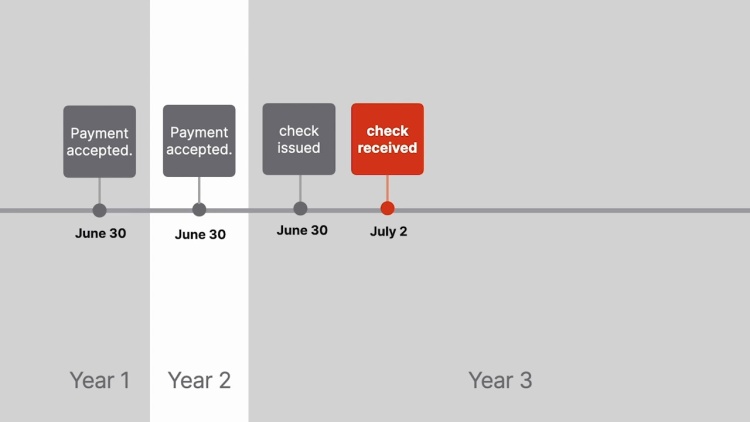Holiday Inns of America, Inc. v. Knight
California Supreme Court
70 Cal.2d 327, 74 Cal.Rptr. 722, 450 P.2d 42 (1969)

- Written by Sara Rhee, JD
Facts
D. Manley Knight (defendant) entered a contract granting an option to the predecessor in interest of Holiday Inns of America, Inc. (Holiday Inns) (plaintiff). The contract was executed on September 30, 1963, granting the optionee a five-year option to purchase real property for $198,633.00. In exchange for the option, the optionee was required to make an initial payment of $10,000.00 followed by four additional installments of $10,000.00 for each year of the five-year option. The payments were to be paid into an escrow account maintained by Security Title Insurance Company (Security Title) beginning July 1, 1964. The contract provided the option would be canceled if the optionee failed to make payment by July 1 of each year. The initial payment and the annual installment payments for 1964 and 1965 were timely made. In 1966, Holiday Inns mailed a check for $10,000.00 to Knight. Knight received the check on July 2, 1966. Knight returned the check to Holiday Inns, informing Holiday Inns the option contract was canceled. On July 8, 1966, Holiday Inns sent another check to Security Title. Knight again refused the payment. Holiday Inns brought suit, seeking a declaration that the contract was still in force. Both parties moved for summary judgment. The trial court granted summary judgment for Knight.
Rule of Law
Issue
Holding and Reasoning (Traynor, C.J.)
What to do next…
Here's why 907,000 law students have relied on our case briefs:
- Written by law professors and practitioners, not other law students. 47,100 briefs, keyed to 996 casebooks. Top-notch customer support.
- The right amount of information, includes the facts, issues, rule of law, holding and reasoning, and any concurrences and dissents.
- Access in your classes, works on your mobile and tablet. Massive library of related video lessons and high quality multiple-choice questions.
- Easy to use, uniform format for every case brief. Written in plain English, not in legalese. Our briefs summarize and simplify; they don’t just repeat the court’s language.





